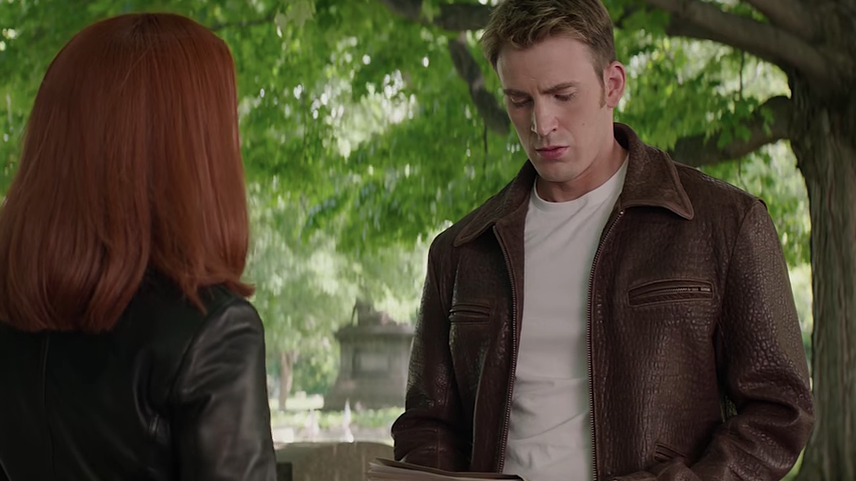A friend of mine was reminiscing about travel. “We didn’t travel much as a family, growing up,” he said. “We went once to California, once to Washington, once to Florida…”
DUDE, I thought, you travelled a LOT. That’s three once-in-a-lifetime trips before you were an adult!
I have never heard anyone talk about family vacations without the caveat, “We barely ever went on vacation.”
I’d hear this from people just before they described a lavish trip, or after mentioning a series of trips. Even people like my husband who can recall dozens of trips. On AIRPLANES. His father worked for an airline so they got to fly standby for free and used it regularly to see things like Crater Lake and their grandmother’s cabin on Lake Erie. “We didn’t REALLY go on vacations.”
If that isn’t really going on vacation, what is? The first trip I ever took was when I was kidnapped and got to fly home. I was like twelve?
Down, Marie. It’s easy to get into the ‘one downsmanship’ contest. The point is: ALL of us feel like we haven’t travelled as much as we ought, and it’s not because other people have. It’s because we’re comparing our lives to TV lives.
TV is written for an upper class audience. It is. Even if the writers and actors come from humble beginnings, you can see them going along with this fiction that families take luxurious traveling vacations regularly. Even when the family depicted is pseudo-poor! I remember getting infuriated when “Married With Children” had a vacation episode. Retail workers don’t GET VACATIONS. Not unless they are management or willing to just not get paid for that time. But it was a sitcom, so there had to be a vacation episode, and it was a car trip to Florida and the joke was how poor the vacation was – but no one I knew growing up would ever have had the luxury of a week off to drive to Florida! You realize how expensive that is? All that gas! All those motels? And the Bundys were supposed to live near Chicago! The only way I could see a poor family vacationing to Florida is if they lived IN FLORIDA.
Oo the rage, it is coming back.
So there’s this narrative, played over and over. “This is how you are supposed to live.” Like someone with mad amounts of disposable income. Like no one actually lives.
We have so many insights into this imaginary life. We know that these imaginary people have spacious homes – not realizing that you need more room to fit a mobile camera unit. Waitresses in big cities have studio apartments the size of penthouses. Everyone dresses in the latest styles all the time. They are never in their stained clothes unless it’s plot significant. If there’s a latest gadget everyone is obsessing over, they’ll have it. Their approach to shopping is one of personal expression, not need.
It’s not just consumerism, either. There is a culture in the mythos. The nuclear family. The socializing neighbors. The gender roles reinforced through repeated gags about helpless men and humorless women.
TV taught me how toothpaste was supposed to look on my tooth brush – and I spent weeks learning to make this little S-shape curl that resulted in way too much paste for my mouth. Later I learned that the toothpaste companies did that specifically so people would use up their product faster.
The feeling of being inadequate because you can’t afford to travel on a vacation is also intentional. The new clothes, the consumer culture are intentional. TV isn’t there to entertain us, it’s there to sell us products, and so it has to make us unhappy with how we are living so that we are open to the promise that if we only have THIS THING it will make our lives better.
I digress. Like I said, the consequences aren’t all the ones intended. The lessons aren’t all on the surface.
A British friend of mine once asked me why Americans talk so loud. “We think we have an audience,” I said. “We think the strangers in the corner of the restaurant are going to want to hear our witty remark.”
We think we’re on TV.
TV taught us that you needed a coffee table. TV taught us that insults and put-downs are funny. I’m kind of glad that the sitcom is dying as we all rush to Netflix and more elaborate fantasies.
Hopefully, it’s harder to feel like your life has to match Game of Thrones or Westworld. Then we might have worse problems than just feeling bad you aren’t a jet-setter.


